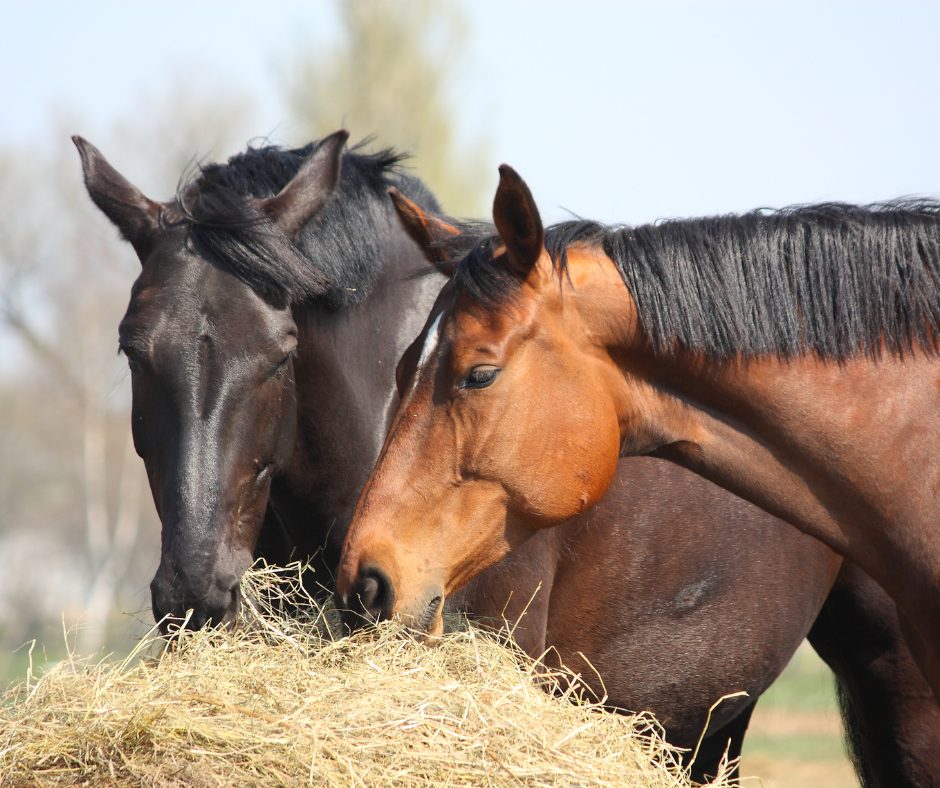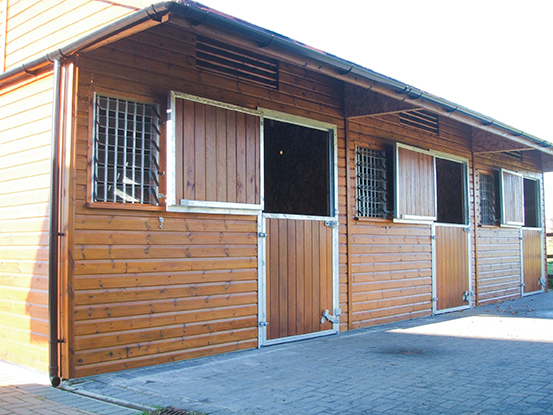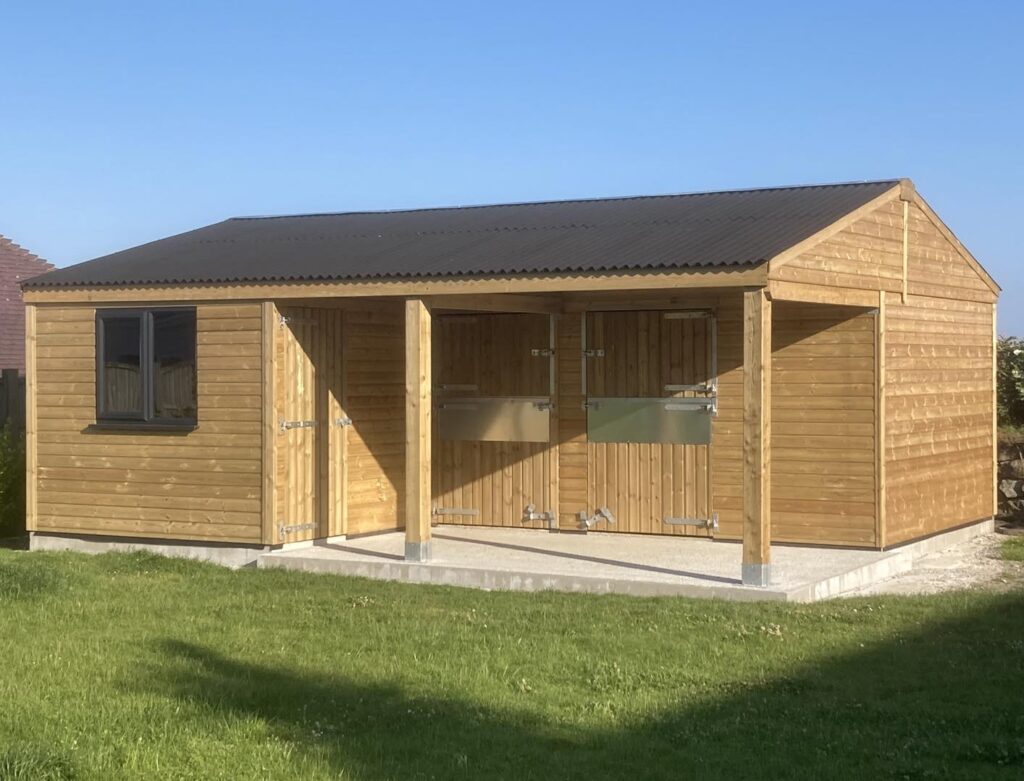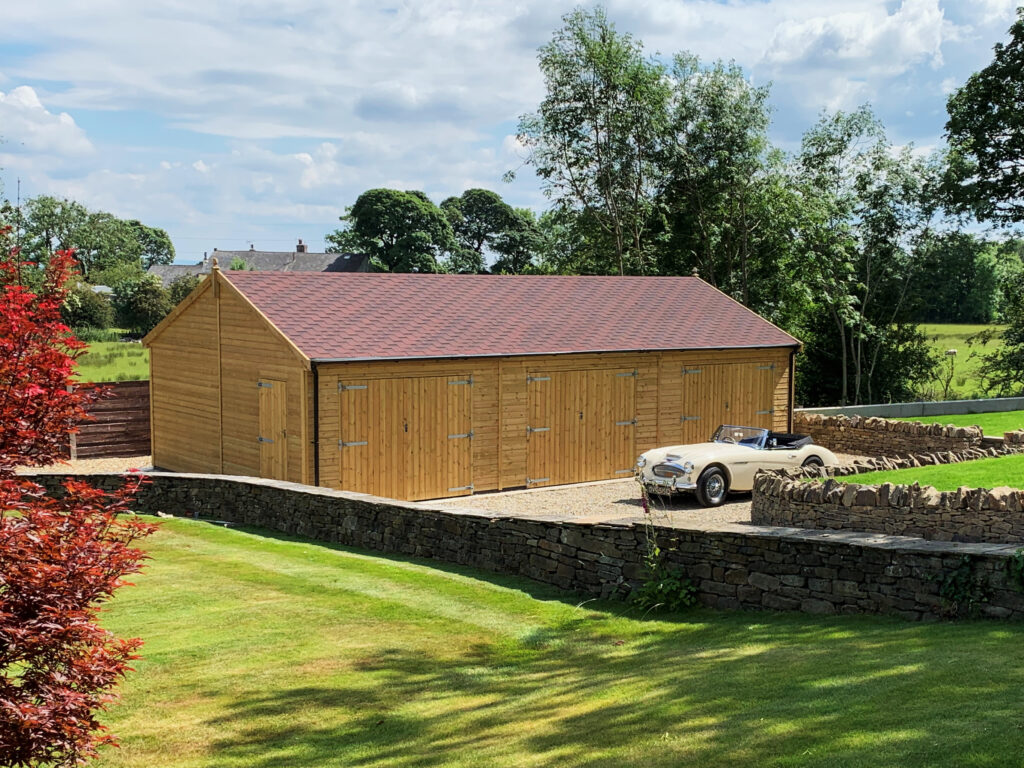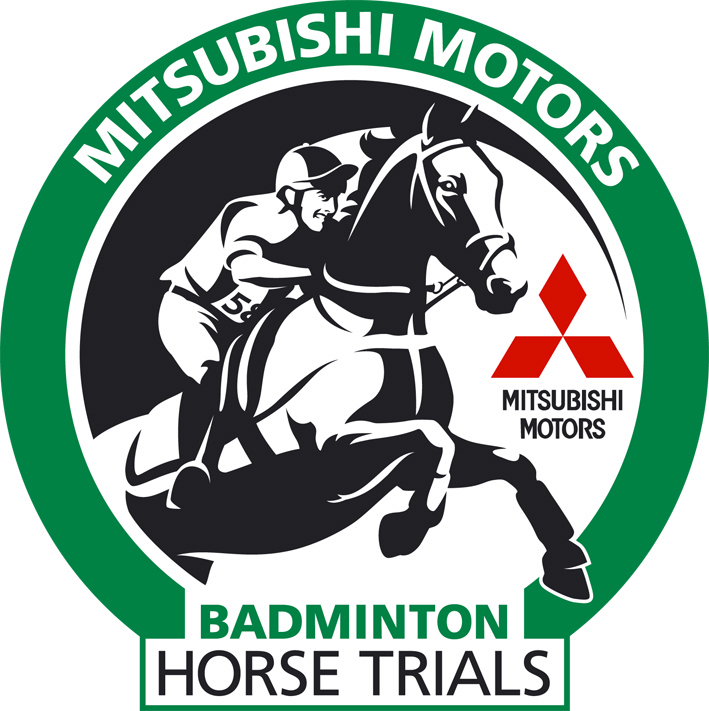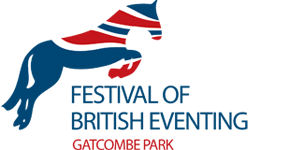Being a new horse owner can be very exciting. However, there are several things you need to be aware of so you can give your horse a happy, safe and healthy life. This includes grooming, feeding, training and medical check-ups.
So that you can provide the best possible life for your horses, below, we have disclosed our top ten things to look out for as a new horse owner. We hope you find them helpful!
1. Veterinarian and Farrier
As a new horse owner, the first thing to tick off your list should be finding a trusted professional veterinary and farrier. Both are essential when it comes to your horse’s health, short and long term. Make sure to do your research and seek advice from other horse owners; you will want to ensure they are experienced, qualified and have the best interests in the mind of your animal’s welfare.
Annual vaccines and check-ups are necessary when it comes to keeping your horses healthy and happy. Vaccines should always be discussed with your veterinarian.
2. Routine
Horses are habitual animals and appreciate routines and consistency. Having a set time of the day to feed, water, and groom them will allow them to anticipate when exactly they can expect certain things to take place throughout the day.
Additionally, consistency is as important when it comes to training. Repetition and consistent reward or experiences to a certain behaviour allow them to learn, understand and follow instructions from us.
3. Feed and Water
Healthy horses are known to consume up to 2% of their body weight each day, including hay, grass, and water. Horses that are underfed or dehydrated can suffer from fatigue, flaky skin and sores, dry gums, weight loss, protruding bones, and tight skin. It is essential that they are getting enough to eat and fresh water to drink throughout the day.
If you notice that horses are not eating or drinking regularly, this may indicate that your horses may be ill or have an issue with their teeth, gums, or mouth. If your horse is not feeding well or acting abnormally for longer than a few days, it’s recommended to call your veterinarian.
4. Exercise
Horses are naturally known to roam and graze outdoors. They shouldn’t be limited to just one space or their stables; this may lead to health problems such as stiffness and arthritis and even upset their mental wellbeing.
A healthy horse will need to be let outside frequently. Horses need regular exercising; you can take them riding or try lunge training which will also help them prepare and develop correct muscles to carry riders in the future.
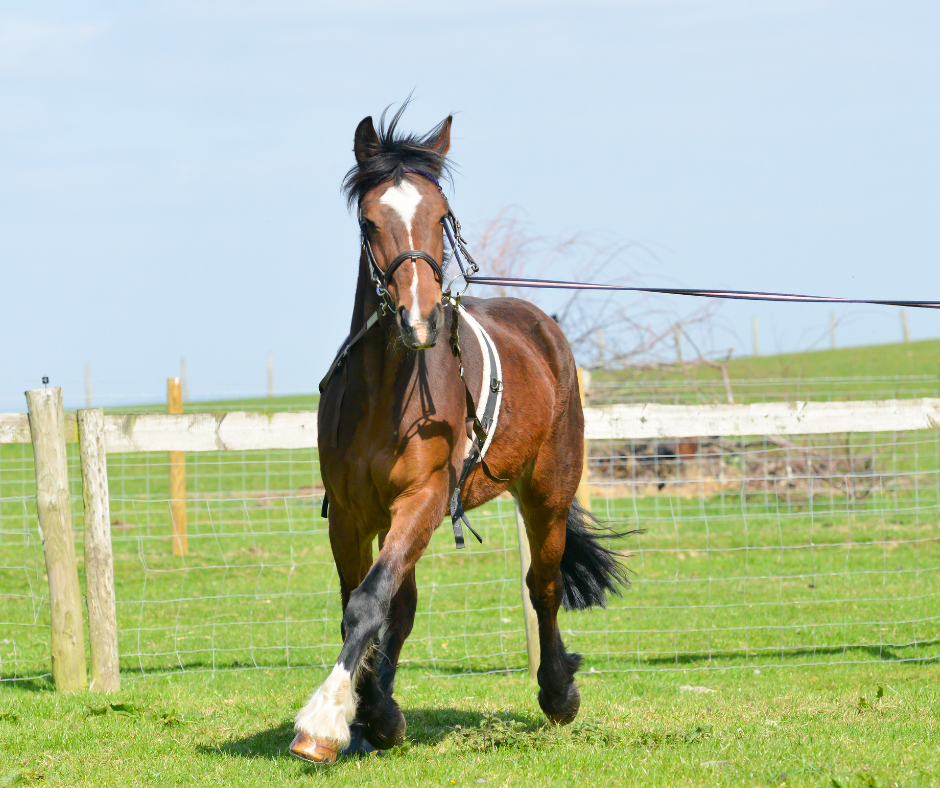
5. Hooves and Dental Health
Hoove health is something horse owners need to keep an eye on and maintain regularly. Their hooves require regular trimming by a farrier so that their weight is distributed and balanced well. Their hooves need regular checks and trimming every six weeks during summer and every six to eight weeks in winter.
Similarly, their teeth need regular floating and annual check-ups. If neglected, their teeth can wear, and sharp points can form. These sharp teeth can be highly harmful and create sores and ulcers in their mouth.
6. Keep Equine First Aid kit
Like humans, horses may sometimes injure themselves, requiring minor medical attention, and sometimes you may even have to perform an emergency first aid procedure. To prepare for these minor injuries and emergencies, you should be familiar with equine first aid and have a first aid kit available.
Some essential items to include in your first aid kits are antiseptic, bandages, syringe, and saline solutions. See our article about equine first aid to get more familiar.
7. Training
If you’ve never ridden before, you can consider getting a few riding lessons from an instructor. With the right instructor, you will build a stronger connection and trust with your horses. Additionally, instructors can also help you identify and deal with your horses’ issues physically and mentally.
8. Safety
Horses are large animals; a simple head flick can do more damage than they are aware! Be careful when standing in front and behind them; this can often startle them, leading to you getting kicked. It is best to always stand beside a horse for safety reasons.
While approaching them, keep your eyes open and stay calm. Other important things to remember are to wear suitable clothing and gear, not put too much weight on them, and avoid having any leads, ropes, or straps attached between you and your horses so that you are not dragged if they get startled and decide to take off.
9. Stable cleanliness
To keep their living condition clear, healthy, and safe, you will need to clean your horse’s stable daily. This includes clearing out horse manure, ensuring that they have clean bedding and alleyways, and, lastly, getting rid of dust, pests, insects, and spider webs. We also suggest occasionally stripping and deep cleaning stables with a disinfectant.
10. Adapt to different climates
When the weather changes, horses’ surroundings and care need to be adapted accordingly. For instance, you may need thicker rugs to cover and keep them warm in winter and light blankets during summer to protect their skin from the sun and keep the flies away. Additionally, field shelters are handy for horses in summer as they can be used as shade and a place to get away from insects and flies.
Other essential things to remember are:
– Water intake and change to feed
– Stable safety features during winter such as non-slip floorings
– Change to when to let them out. For example, in winter, you may want to limit their activities outdoors to avoid accidents and injuries. You may want to take them riding during mornings and evenings when the temperature is cooler in summer.
– Adding insulation during colder seasons.
– Deworming throughout winter months
Horses are amazing creatures to keep and care for; however, as you have noticed from the tips above, there are numerous things you need to know as a new horse owner.
We hope the tips above have been informative and helpful; nevertheless, as a new horse owner, it is important to understand that you shouldn’t be afraid or ashamed to ask for advice from professionals such as qualified vetenarian, equine experts, and other horse owners.
Our team in Jon Willaim Stables has been working with horses and many other horse owners for a very long time; if you require any advice or need help building a new stable or field shelter for your new horse, please email us at sales@j-w-s.co.uk.
